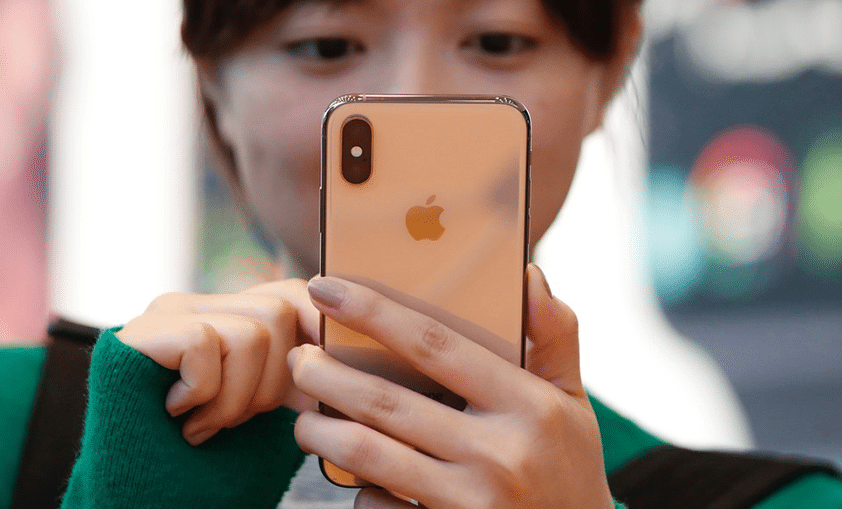When I was ten years old, I received a journal full of writing prompts. It asked questions like, “What is your favorite movie?” and “Who is your best friend?” and “What pop-star would you want to spend a whole day with?”
I loved these prompts because I loved to write. Like any normal kid, I also loved to talk about myself, the only subject I was a true expert in.
But there was one question that didn’t make sense to me then. It was a question that resonated through my teens and early twenties.
“What would you change about your appearance, if you could change one thing?”
I had no idea what to write in response. I liked everything about myself. But I couldn’t reach everything so I wrote “taller.”
That answer changed as I got older.
I wanted smaller thighs, better skin, lower weight, curlier hair, and a softer nose.
Thanks to the magic of filters on social channels like Instagram and Facebook, all of these things are now within my reach. Since I didn’t use filters in my online dating profile pictures, I didn’t see a huge problem.
Filters aren’t as harmless as they look

My fiance and I have talked to his 5-year-old daughter (C) about about how God makes each of us exactly how he wants us to look. As we’ve met people who look different than we do in whatever way, we joyfully explain that we all were created by God.
It broke my heart when C told me she doesn’t think her face is pretty. I looked at her sweet freckles and tiny nose and loving eyes, and couldn’t believe what I was hearing.
It was in that moment that I realized that filters aren’t harmless.
C is five years old, and already she is very aware of what online filters are, what beauty “should” be, and how people may make fun of her for the way she looks. I hadn’t made a connection between my own behavior, my own relationship with the way I look, and hers.
Even the most basic photo filters will remove any blemishes that make us human. No acne, no scars, no freckles.
We watched a documentary for kids about “how stuff works” and one of the topics covered was social media. The host said, “Most of what we see is fake,” and then showed a side by side of the great and ridiculous lengths to get a picture, versus the picture when it’s done.
“Is that true that it’s not real?” C asked.
My relationship with her has reformed a lot of the way I see the world. So, I vowed to love myself so I could teach her how to do the same.
I stopped putting filters on my pictures, showing instead the authentic scene as it happened, in the hopes that when she gets old enough to see them online—or anyone in her generation—there will be some truth left online.
Easier said than done

It’s hard to walk away from filters. For starters, my pictures look even worse to me now that they are in a scene of edited photos. You can’t change your perspective overnight; I still want to seem beautiful by the world’s standards sometimes.
But I know it’s having an impact, because now the times I feel the most beautiful are when I feel the most in tune with my call. I can’t capture these moments in photos, edited or otherwise.
These moments when C curls up next to my big thighs because I’m comfortable. Or when she brushes my hair and says “Oh, it’s gorgeous,” like a tiny stylist. My strong hips are what she can perch on when she is tired after a day at the fair.
C doesn’t care if I have acne or not. Makeup just takes away from playtime, as far as she’s concerned.
The things that I have been hiding in filters are important parts of who I am in her life, and who God created me on purpose to be. It’s not that I am loved in spite of these things the world tells me are imperfect. It’s that I’m loved as a whole. Who we are and what we look like is purposeful, and beautiful.
Because the way God looks at us is exactly the way I looked at her when C said she didn’t like her face. Totally baffled, because what I am seeing is what I consider to be one of the most beautiful scenes in my life.



